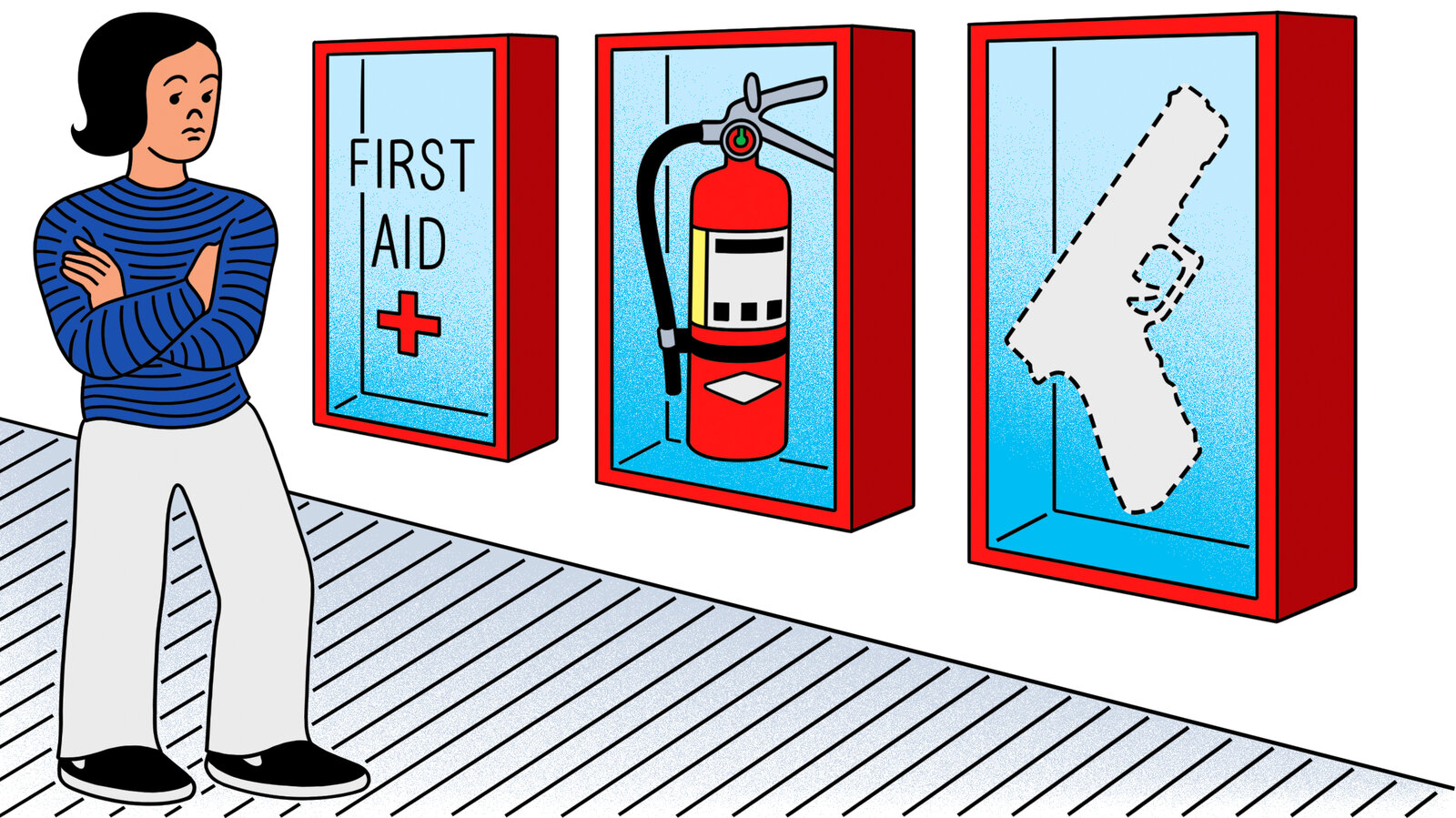When Anxiety Meets Armament: A Couple's Dilemma in Uncertain Times

In an increasingly uncertain world, the decision to purchase a weapon for personal protection is never simple. It's a choice that weighs personal safety against potential risks, moral considerations, and the complex emotional landscape of fear and preparedness.
When contemplating such a significant decision, one must carefully examine the underlying motivations. Is the desire for a weapon rooted in genuine, substantive threats, or is it driven by an amplified sense of anxiety? The line between prudent self-defense and reactive fear can be surprisingly thin.
Responsible weapon ownership requires more than just purchasing a firearm. It demands comprehensive training, understanding of legal implications, secure storage, and a deep commitment to safety. The weapon itself is not a solution, but a potential tool that comes with profound responsibilities.
Moreover, the psychological impact of owning a weapon should not be underestimated. It can fundamentally alter one's perception of personal security and interactions with the world. The presence of a weapon introduces new variables of risk and potential escalation into any confrontational scenario.
Ultimately, the decision to acquire a weapon is deeply personal. It requires honest self-reflection, a clear-eyed assessment of actual risks, and a commitment to responsible ownership. Professional security consultations, thorough training, and exploring alternative safety strategies can provide valuable perspective in navigating this complex choice.
